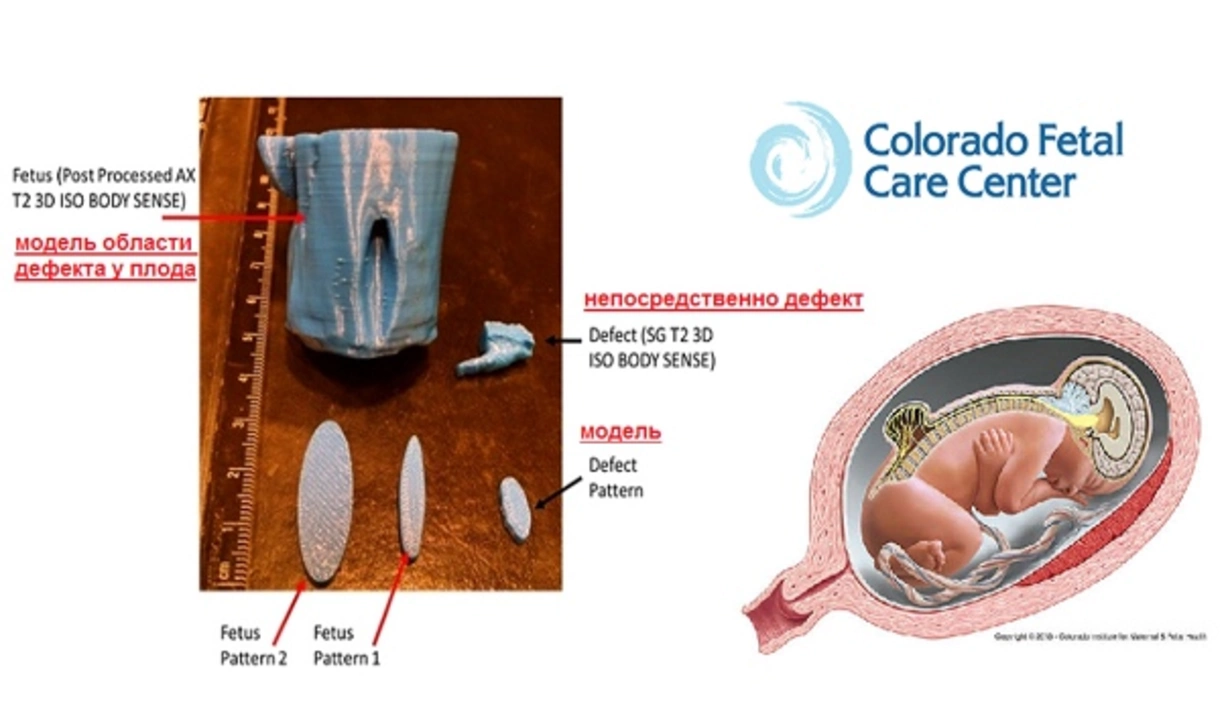Unborn Fetus — what to know about medicines and safety
Many everyday medicines can affect an unborn fetus — sometimes in ways you don’t see until after birth. If you’re pregnant or planning pregnancy, the choices you make about prescriptions, over-the-counter drugs, and supplements matter. This page gives straight answers you can use right away: which drugs are red flags, how to check safety quickly, and steps to avoid risky online buys.
Quick rules you can use now
Talk to your OB before stopping or starting any medicine. Don’t guess based on headlines: a drug that’s fine for one condition can be risky in pregnancy. Check the drug label under the Pregnancy and Lactation Labeling Rule (PLLR) section or ask your pharmacist if the label isn’t clear. If you find a medicine online, verify the pharmacy — our guide "How to Safely Verify Online Pharmacies" explains what to check.
Keep a short list of what you take (prescriptions, vitamins, herbal supplements). Bring it to every appointment so your care team can quickly spot risks. If you’re trying to get pregnant, ask about safer alternatives first — sometimes switching ahead of conception is best.
Common risky medicines and what to watch for
Isotretinoin (brands like Isofair or Accutane): this is strongly linked to severe birth defects. Women of childbearing age usually need negative pregnancy tests and reliable birth control during treatment. Talk to your dermatologist and OB before even considering this drug.
Some antidepressants (Effexor/venlafaxine, fluoxetine): these can be safe for many people, but they may carry risks like newborn adaptation symptoms or, rarely, other complications. Don’t stop suddenly — work with your psychiatrist and OB to balance mental health and fetal safety.
Chemotherapy drugs (capecitabine and others): cancer treatment during pregnancy is complex. Timing, drug choice, and specialist input matter. If cancer treatment is needed while pregnant, get a multidisciplinary team involved — oncologist, maternal-fetal medicine specialist, and neonatologist.
Pain meds: opioids can cause neonatal withdrawal if used long-term before birth. NSAIDs like celecoxib (Celebrex) may be unsafe late in pregnancy. Ask about non-drug therapies and safer pain options when possible.
Topical antibiotics (like Bactroban) and many OTC meds may be fine, but don’t assume. The absorption, timing, and pregnancy stage change the risk. If you saw a product online, read its safety notes and consult your provider.
Final practical steps: keep prenatal care appointments, enroll in pregnancy registries if your drug has one (they collect safety data), and always verify pharmacies before ordering. If you need quick reading, our site has articles on specific drugs and safe online pharmacies to help you make smarter choices for you and the unborn fetus.

